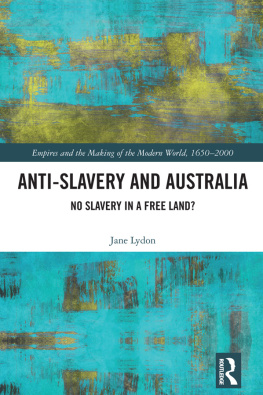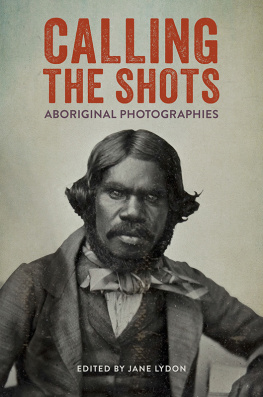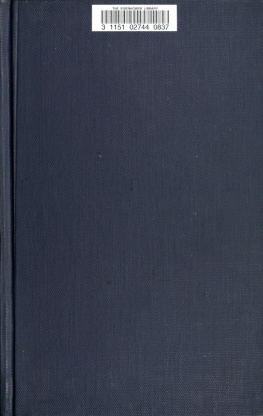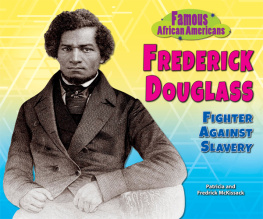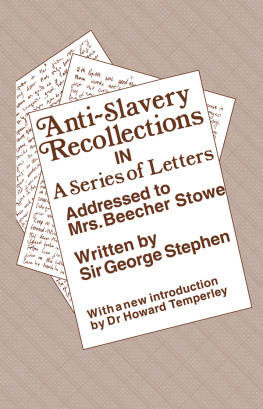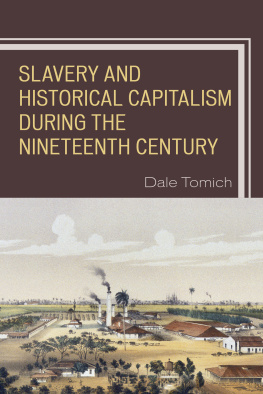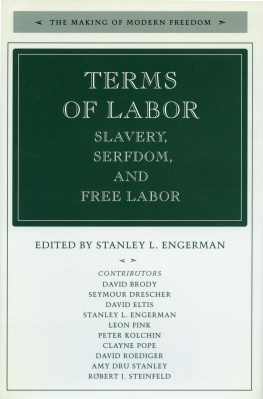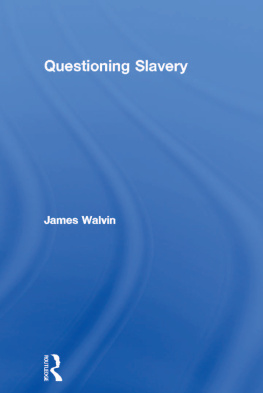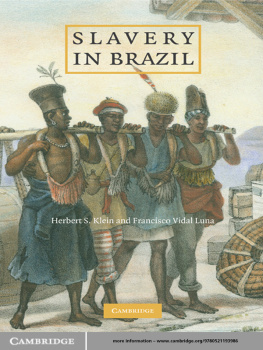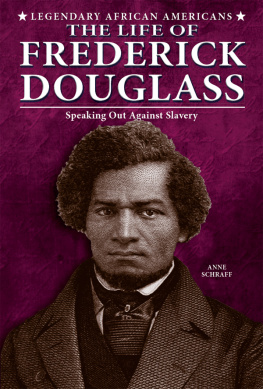Anti-Slavery and Australia
Bringing the histories of British anti-slavery and Australian colonization together changes our view of both. This book explores the anti-slavery movement in imperial scope, arguing that colonization in Australasia facilitated emancipation in the Caribbean, even as abolition powerfully shaped the settler revolution. The anti-slavery campaign was deeply entwined with the administration of the empire and its diverse peoples, as well as the radical changes demanded by industrialization and rapid social change in Britain. Abolition posed problems to which colonial expansion provided the answer, intimately linking the end of slavery to systematic colonization and Indigenous dispossession. By defining slavery in the Caribbean as the opposite of freedom, a lasting impact of abolition was to relegate other forms of oppression to lesser status or to deny them. Through the shared concerns of abolitionists, slave-owners, and colonizers, a plastic ideology of free labour was embedded within post-emancipation imperialist geopolitics, justifying the proliferation of new forms of unfree labour and defining new racial categories. The celebration of abolition has overshadowed post-emancipation continuities and transformations of slavery that continue to shape the modern world.
Jane Lydon is the Wesfarmers Chair of Australian History at the University of Western Australia. Her research centres upon Australias colonial past and its legacies in the present. She is interested in the ways that popular and especially visual cultures have shaped ideas and debates about race, identity and culture that persist today.
Empires and the Making of the Modern World, 16502000
Series Editors: Philippa Levine
University of Texas at Austin
John Marriott
University of Hull
This monograph series seeks to explore the complexities of the relationships among empires, modernity and global history. In so doing, it wishes to challenge the orthodoxy that the experience of modernity was located exclusively in the west, and that the non-western world was brought into the modern age through conquest, mimicry and association. To the contrary, modernity had its origins in the interaction between the two worlds.
Anti-Slavery and Australia
No Slavery in a Free Land?
By Jane Lydon
Decolonising Europe?
Popular Responses to the End of Empire
Edited by Berny Sbe and Matthew G. Stanard
Archiving Settler Colonialism
Culture, Space and Race
Edited by Yu-ting Huang and Rebecca Weaver-Hightower
Across the World with the Johnsons
Visual Culture and American Empire in the Twentieth Century
By Prue Ahrens, Lamont Lindstrom, Fiona Paisley
Empire De/Centered
New Spatial Histories of Russia and the Soviet Union
Edited by Maxim Waldstein, Sanna Turoma
Enlightened Reform in Southern Europe and its Atlantic Colonies, c. 17501830
Edited by Gabriel Paquette
For more information about this series, please visit: www.routledge.com
First published 2021
by Routledge
2 Park Square, Milton Park, Abingdon, Oxon OX14 4RN
and by Routledge
52 Vanderbilt Avenue, New York, NY 10017
Routledge is an imprint of the Taylor & Francis Group, an informa business
2021 Jane Lydon
The right of Jane Lydon to be identified as author of this work has been asserted by her in accordance with sections 77 and 78 of the Copyright, Designs and Patents Act 1988.
All rights reserved. No part of this book may be reprinted or reproduced or utilised in any form or by any electronic, mechanical, or other means, now known or hereafter invented, including photocopying and recording, or in any information storage or retrieval system, without permission in writing from the publishers.
Trademark notice: Product or corporate names may be trademarks or registered trademarks, and are used only for identification and explanation without intent to infringe.
British Library Cataloguing-in-Publication Data
A catalogue record for this book is available from the British Library
Library of Congress Cataloging-in-Publication Data
Names: Lydon, Jane, 1965 author.
Title: Anti-slavery and Australia : no slavery in a free land? / Jane Lydon.
Description: Abingdon, Oxon ; New York, NY : Routledge, 2021. | Series: Empires and the making of the modern world, 16502000 | Includes bibliographical references and index.
Subjects: LCSH: Antislavery movementsAustraliaHistory. | SlaveryAustraliaHistory. | AustraliaColonizationHistory.
Classification: LCC HT1431 .L93 2021 (print) | LCC HT1431 (ebook) | DDC 326/.80994dc23
LC record available at https://lccn.loc.gov/2020045028
LC ebook record available at https://lccn.loc.gov/2020045029
ISBN: 978-1-138-33472-4 (hbk)
ISBN: 978-0-429-44518-7 (ebk)
Typeset in Times New Roman
by Apex CoVantage, LLC
To Ross, for his many visions of a starburst world
The laws of this country will, of course, be introduced in [New] South Wales, and there is one that I would wish to take place from the moment his Majestys forces take possession of the country: That there can be no slavery in a free land, and consequently no slaves.
Captain Arthur Phillip, 178687.
As I finish writing this book, #BlackLivesMatter protests are taking place across America and the world. As many have pointed out, the structural racism that sanctions black deaths in custody can be understood in part as a legacy of slavery, abolished in the United States formally in 1865. Writing from Australia, the history of British slavery and its abolition in 1833 continues to shape ideas and debates in the present. In June 2020, Prime Minister Scott Morrison controversially stated that Australia when it was founded as a settlement, as New South Wales, was on the basis that there be no slavery . And while slave ships continued to travel around the world, when Australia was established, yes sure, it was a pretty brutal settlement but there was no slavery in Australia. Morrison was surely thinking of the statement by Captain Arthur Phillip around 1787, shortly before the First Fleet set sail, that [t]he laws of this country will, of course, be introduced in [New] South Wales, and there is one that I would wish to take place from the moment his Majestys forces take possession of the country: That there can be no slavery in a free land, and consequently no slaves. As this book explores, Phillips vision stemmed from a particular historical moment, in which the anti-slavery movement inscribed a lasting dichotomy between slavery, defined by the enslaved African victim, and freedom.
The celebration of abolition has obscured other forms of unfreedom and continuities with slavery after 1833. Many still agree with the British historian William E. H. Lecky in his 1869 History of European Morals that the unweary, unostentatious and inglorious crusade of England against slavery may probably be regarded as among the three or four perfectly virtuous pages comprised in the history of nations. While I share Leckys disgust for the institution of slavery and his admiration for the campaign that ended it, there is more to this story that has been forgotten.


